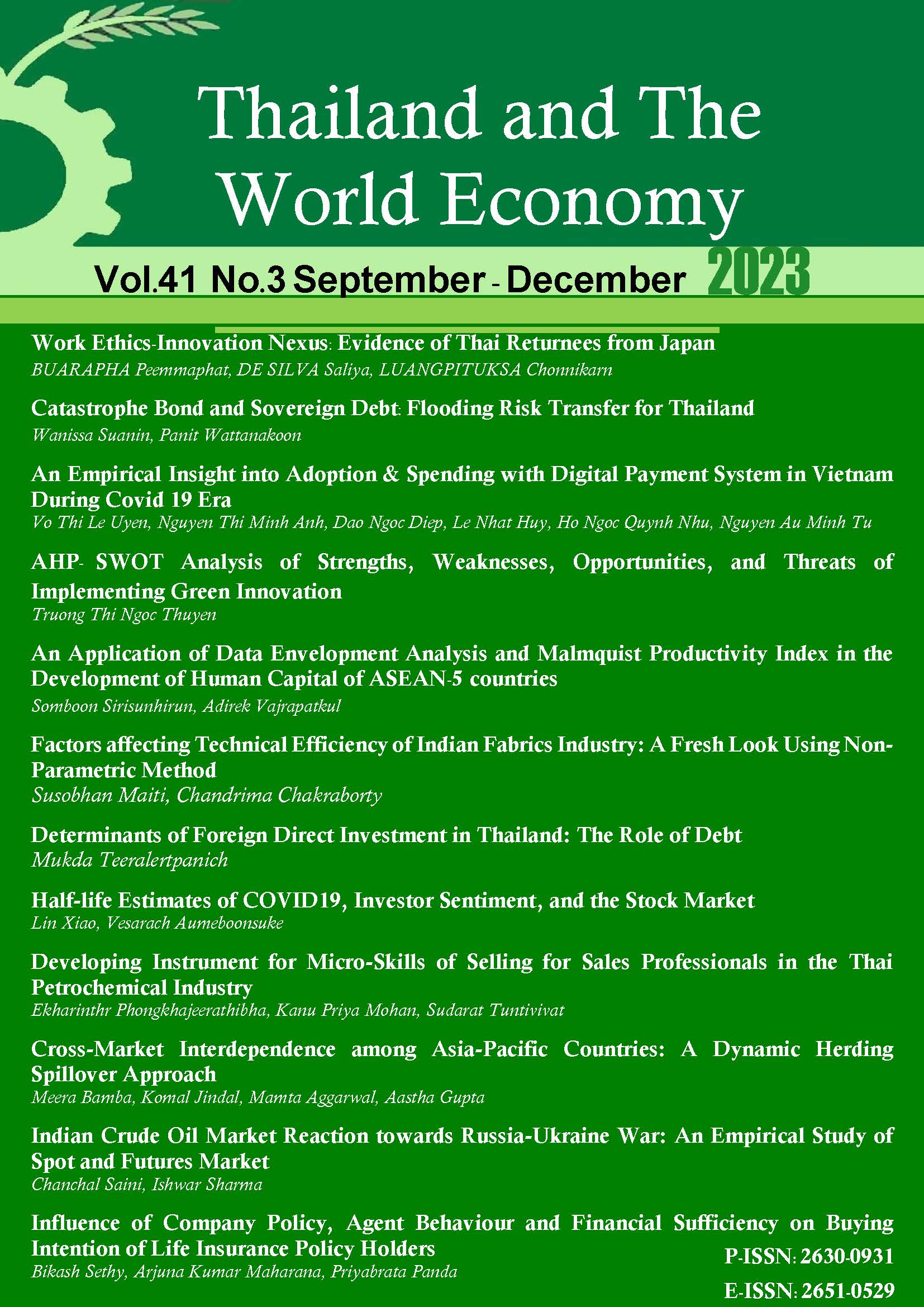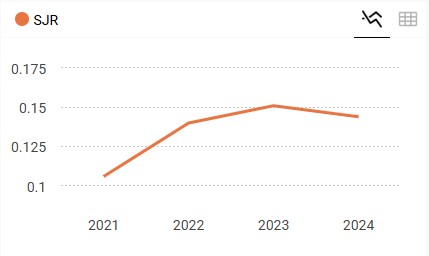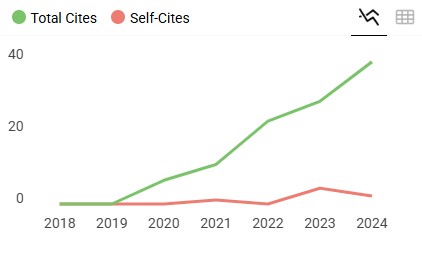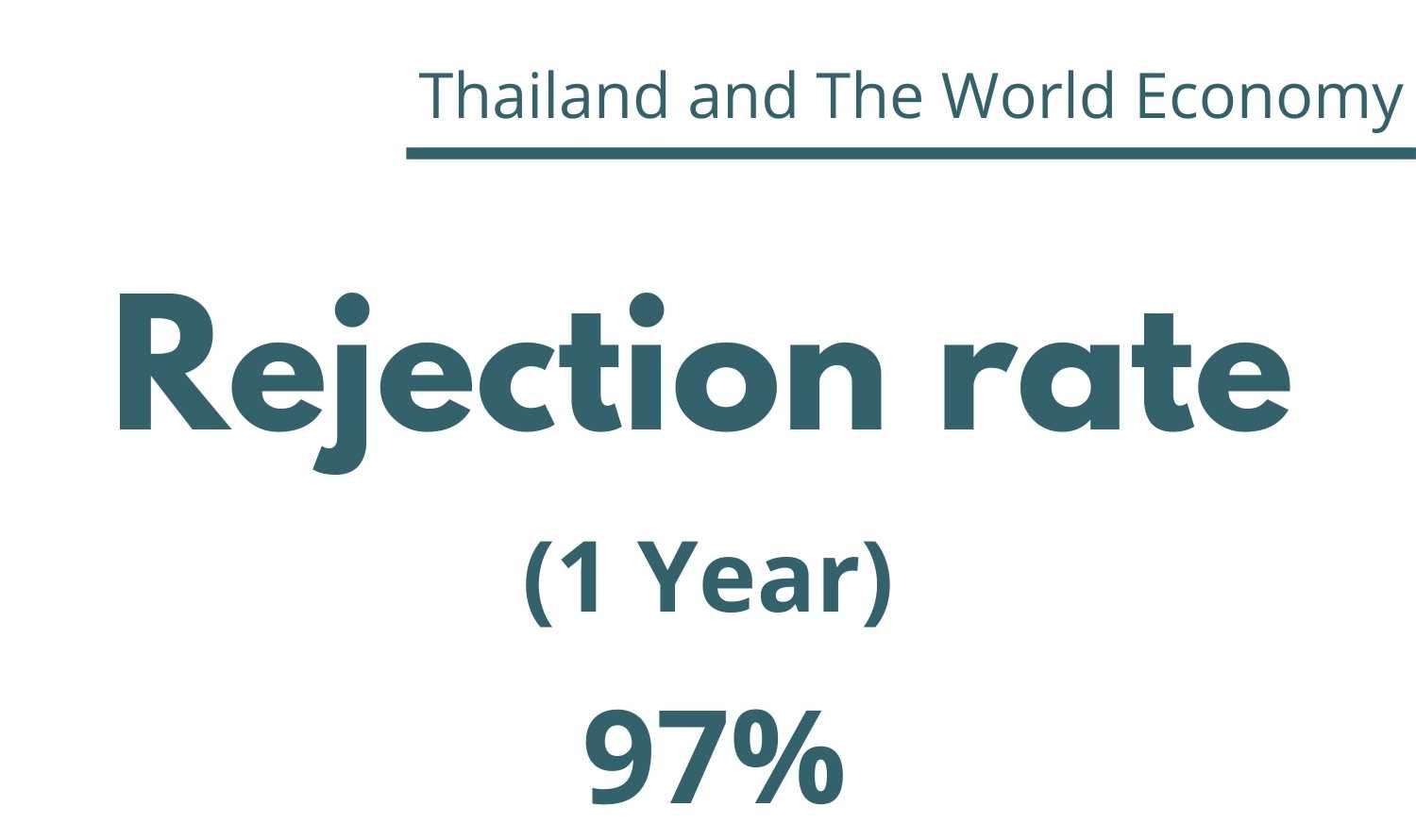Indian Crude Oil Market Reaction towards Russia-Ukraine War: An Empirical Study of Spot and Futures Market
Keywords:
Crude Oil, Information asymmetry, Event Methodology, Russia-Ukraine warAbstract
The paper examines the impact of Russia-Ukraine war news on Indian crude oil spot and futures markets. The event study Methodology is employed to examine the abnormal returns in crude oil spot and futures markets on the Russia-Ukraine War announcement date. For robustness of results, traditional market model as well as the market model + GARCH (1,1) model is used for analysis purposes. A non-parametric test (modified Corrado test) has been employed to test the significance of abnormal returns. The findings indicate that the war announcement generates significant excess returns for investors who take a long position most of the day during the event window. Information asymmetry is found in the Indian crude oil market, as in the case of the spot market, it takes four days to impound information into prices, and in the case of futures prices, it takes two days for reflection. These findings of research are useful for traders in the formation of their short-term trading strategies as well as for the government in the formation of effective energy policy strategies.
References
Ahmed, S., Hasan, M. M., & Kamal, M. R. (2022). Russia–Ukraine crisis: The effects on the European stock market. European Financial Management, Available at SSRN: https://ssrn.com/abstract=4155911
Alam, M. K., Tabash, M. I., Billah, M., Kumar, S., & Anagreh, S. (2022). The impacts of the Russia–Ukraine invasion on global markets and commodities: A dynamic connectedness among G7 and BRIC markets. Journal of Risk and Financial Management, 15(8), 352.
Anderson, W. (2009). Alternative event study methodology for detecting dividend signals in the context of joint dividend and earnings announcements. Accounting & Finance, 49(2), 247–265.
Ataullah, A., Song, X., & Tippett, M. (2011). A modified corrado test for assessing abnormal security returns. European Journal of Finance, 17(7), 589–601.
Bollerslev, T. (1986). Generalized autoregressive conditional heteroskedasticity. Journal of Econometrics, 31(3), 307–327.
Boungou, W., & Yatié, A. (2022). The impact of the Ukraine–Russia war on world stock market returns. Economics Letters, 215, 110516.
BP. (2021). Statistical review of world energy 2021. Retrieved from BP Energy Outlook 2021 (70). https://www.bp.com/content/dam/bp/business-sites/en/global/corporate/pdfs/energy-economics/statistical-review/bp-stats-review-2021-full-report.pdf
Chowa, T., Nyanhete, A. I., & Mhlanga, R. (2014). An event study of the Zimbabwe stock exchange (ZSE): Implications for post-dollarisation market efficiency. Mediterranean Journal of Social Sciences, 5(3), 273–282.
Chowdhury, E. K., & Abedin, M. Z. (2020). COVID-19 effects on the US stock index returns: An event study approach. Available at SSRN: https://ssrn.com/abstract=3611683 or http://dx.doi.org/10.2139/ssrn.3611683
Considine, T. J. (2015). Is the strategic petroleum reserve our ace in the hole ?. International Association for Energy Economics, 27(3), 91–112.
Demirer, R., & Kutan, A. M. (2010). The behavior of crude oil spot and futures prices around OPEC and SPR announcements: An event study perspective. Energy Economics, 32(6), 1467–1476.
Dharmarathne, D. G. (2013). Stock price reaction to dividend announcements and information efficiency in Sri Lankan share market. International Journal of Research in Social Sciences, 3(2), 100–111.
Draper, D. W. (1984). The behavior of event‐related returns on oil futures contracts. Journal of Futures Markets, 4(2), 125–132.
Engle, R. F. (1982). A general approach to lagrange multiplier model diagnostics. Journal of Econometrics, 20(1), 83–104.
Gao, Y., & Tse, Y. K. (2004). Market segmentation and information values of earnings announcements: Some empirical evidence from an event study on the Chinese stock market. International Review of Economics and Finance, 13(4), 455–474.
Guidi, M. G. D., Russell, A., & Tarbert, H. (2006). The effect of OPEC policy decisions on oil and stock prices. OPEC Review, 30(1), 1–18.
Ha, L. T. (2022). Dynamic interlinkages between the crude oil and gold and stock during Russia-Ukraine War: Evidence from an extended TVP-VAR analysis. Environmental Science and Pollution Research, 30(9), 23110–23123.
Hyndman, K. (2008). Disagreement in bargaining: An empirical analysis of OPEC. International Journal of Industrial Organization, 26(3), 811–828.
International Energy Agency. (2022). Oil market and Russian supply – Russian supplies to global energy markets – Analysis. Retrieved from https://www.iea.org/reports/russian-supplies-to-global-energy-markets/oil-market-and-russian-supply-2
Khanthavit, A. (2022). The effects of Myanmar’s 2020 general election and 2021 military coup on stock market returns. Thailand and the World Economy, 40(3), 1–14.
Kingsley, T. (2022). Why did Russia invade Ukraine? The conflict explained. Independent. https://www.ndtv.com/world-news/why-did-russia-invade-ukraine-the-conflict-explained-in-5-points-2786200
Lozada, J. M., Cortés, L. M., & Velásquez-Gaviria, D. (2022). The stock market reaction to mergers and acquisitions: Evidence from the banking industry. Latin American Business Review, 23(3), 255–278.
Miyamoto, M. (2016). Event study of credit rating announcement in the Tokyo stock market. Journal of Economics, Business and Management, 4(2), 138–143.
Nazir, S. M., Younus, H., Kaleem, A., & Anwar, Z. (2014). Impact of political events on stock market returns: Empirical evidence from Pakistan. Journal of Economic and Administrative Sciences, 30(1), 60–78.
Pradhan, R. P., Hall, J. H., & du Toit, E. (2021). The lead–lag relationship between spot and futures prices: Empirical evidence from the Indian commodity market. Resources Policy, 70, 101934. https://doi.org/https://doi.org/10.1016/j.resourpol.2020.101934
Samuelson, P. A. (2015). Proof that properly anticipated prices fluctuate randomly. Industrial Management Review, 6, 25–38.
Statista. (2021). Natural resource value: Ranking by country 2021. Retrieved from https://www.statista.com/statistics/748223/leading-countries-based-on-natural-resource-value/
Sun, M., Song, H., & Zhang, C. (2022). The effects of 2022 Russian invasion of Ukraine on global stock markets: An event study approach. Available at SSRN: https://ssrn.com/abstract=4051987
Sunilkumar, S. R. (2023). India’s Russian oil imports highest ever, makes up for 25% of all oil import. Hindustan Times. https://www.hindustantimes.com/business/indias-russian-oil-imports-highest-ever-makes-up-for-25-of-oil-import-101673776679684.html
Tweneboah-Koduah, S., Atsu, F., & Prasad, R. (2020). Reaction of stock volatility to data breach: An event study. Journal of Cyber Security and Mobility, 355-384.
Umar, M., Riaz, Y., & Yousaf, I. (2022). Impact of Russian-Ukraine war on clean energy, conventional energy, and metal markets: Evidence from event study approach. Resources Policy, 79(April), 102966 .
Uylangco, K., Easton, S., & Faff, R. (2010). The equity and efficiency of the Australian share market with respect to director trading. Accounting Research Journal, 23(1), 5–19.
Wirl, F., & Kujundzic, A. (2004). The impact of OPEC conference outcomes on world oil prices 1984-2001. Energy Journal, 25(1), 45–62. https://doi.org/10.5547/ISSN0195-6574-EJ-Vol25-No1-3
Yousaf, I., Patel, R., & Yarovaya, L. (2022). The reaction of G20+ stock markets to the Russia–Ukraine conflict “black-swan” event: Evidence from event study approach. Journal of Behavioral and Experimental Finance, 35, 100723. https://doi.org/https://doi.org/10.1016/j.jbef.2022.100723
Downloads
Published
How to Cite
Issue
Section
License
Copyright (c) 2023 Thailand and The World Economy

This work is licensed under a Creative Commons Attribution-NonCommercial-NoDerivatives 4.0 International License.










